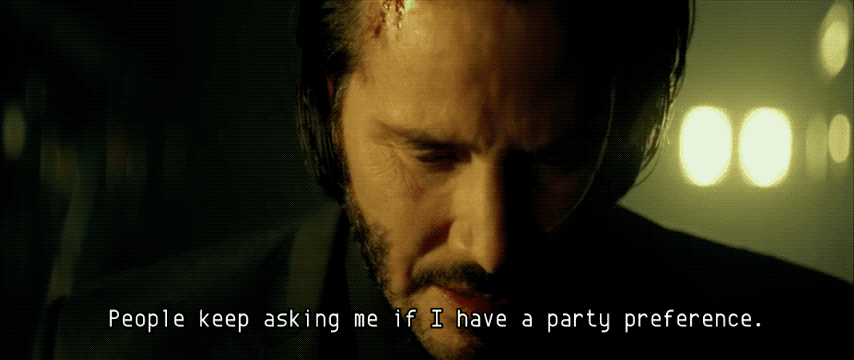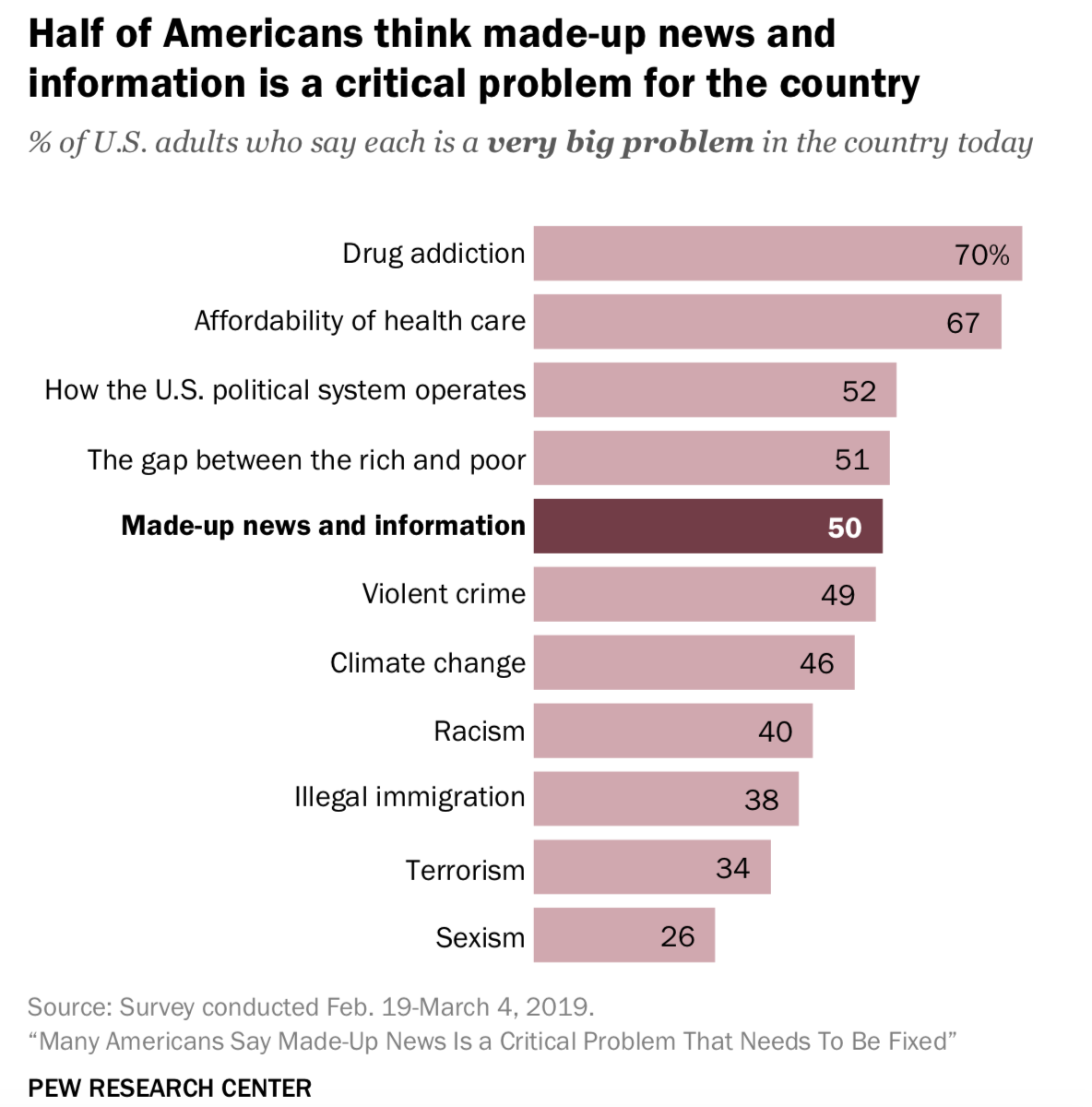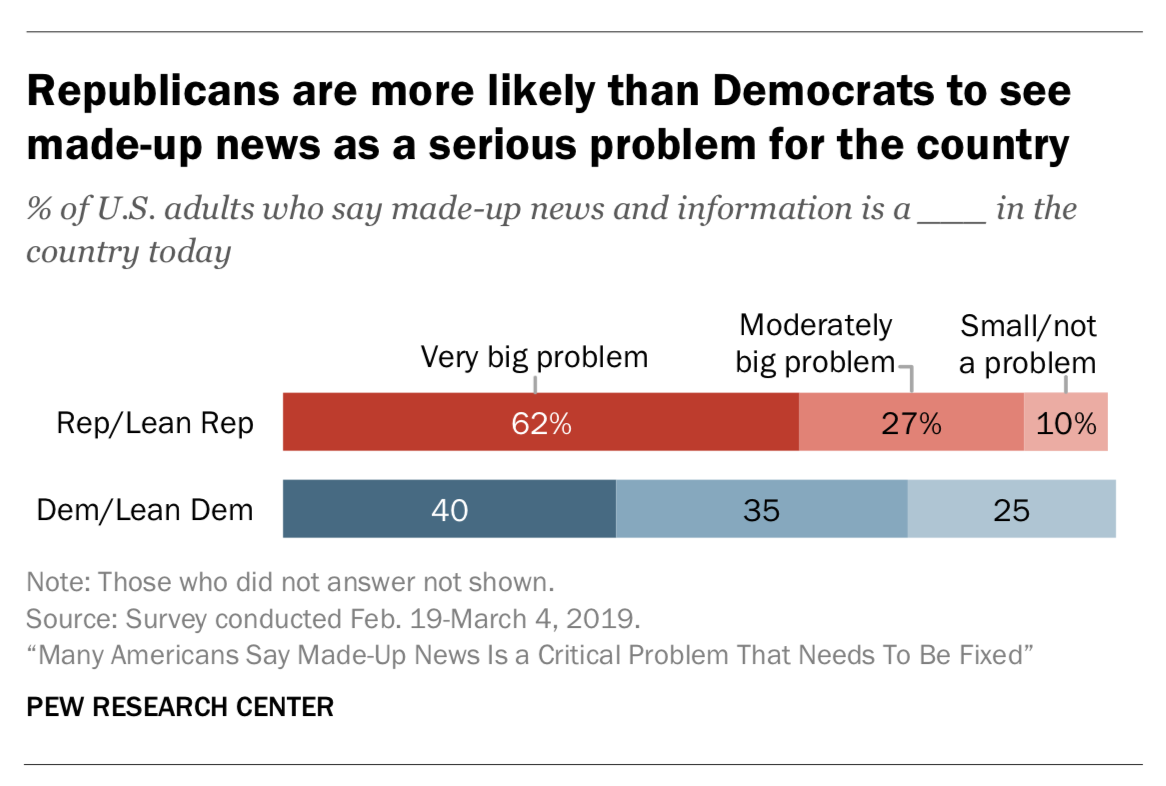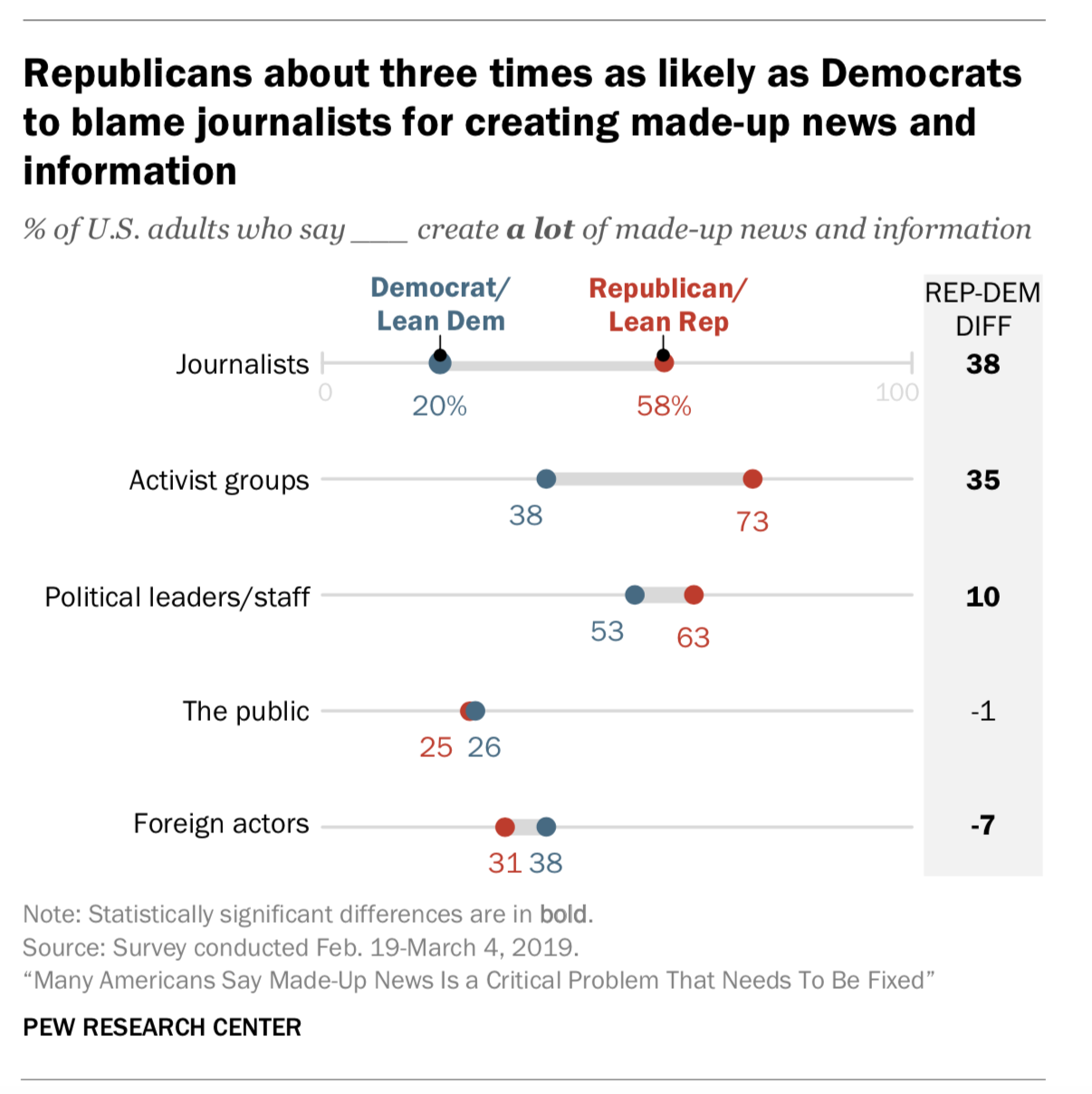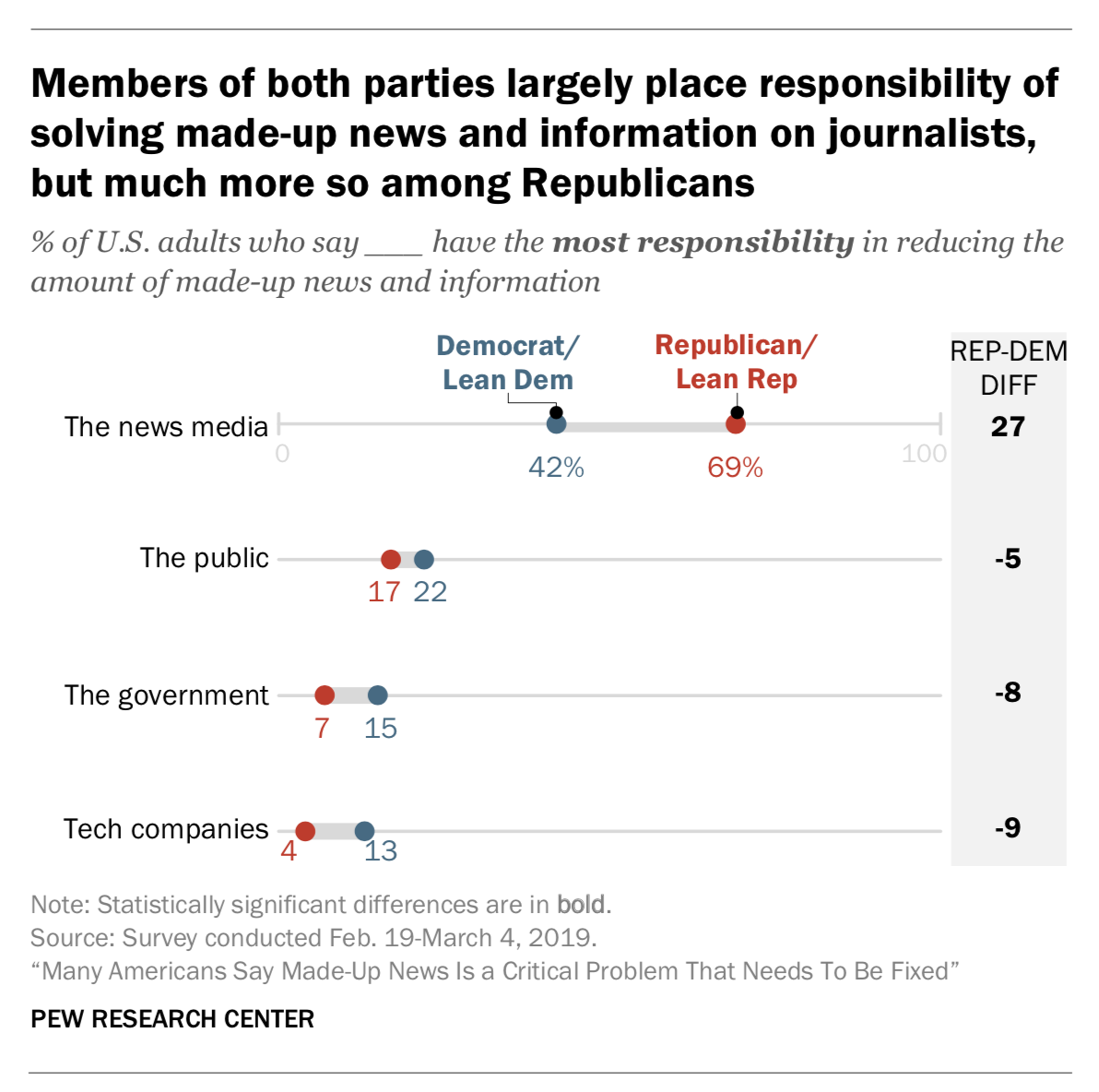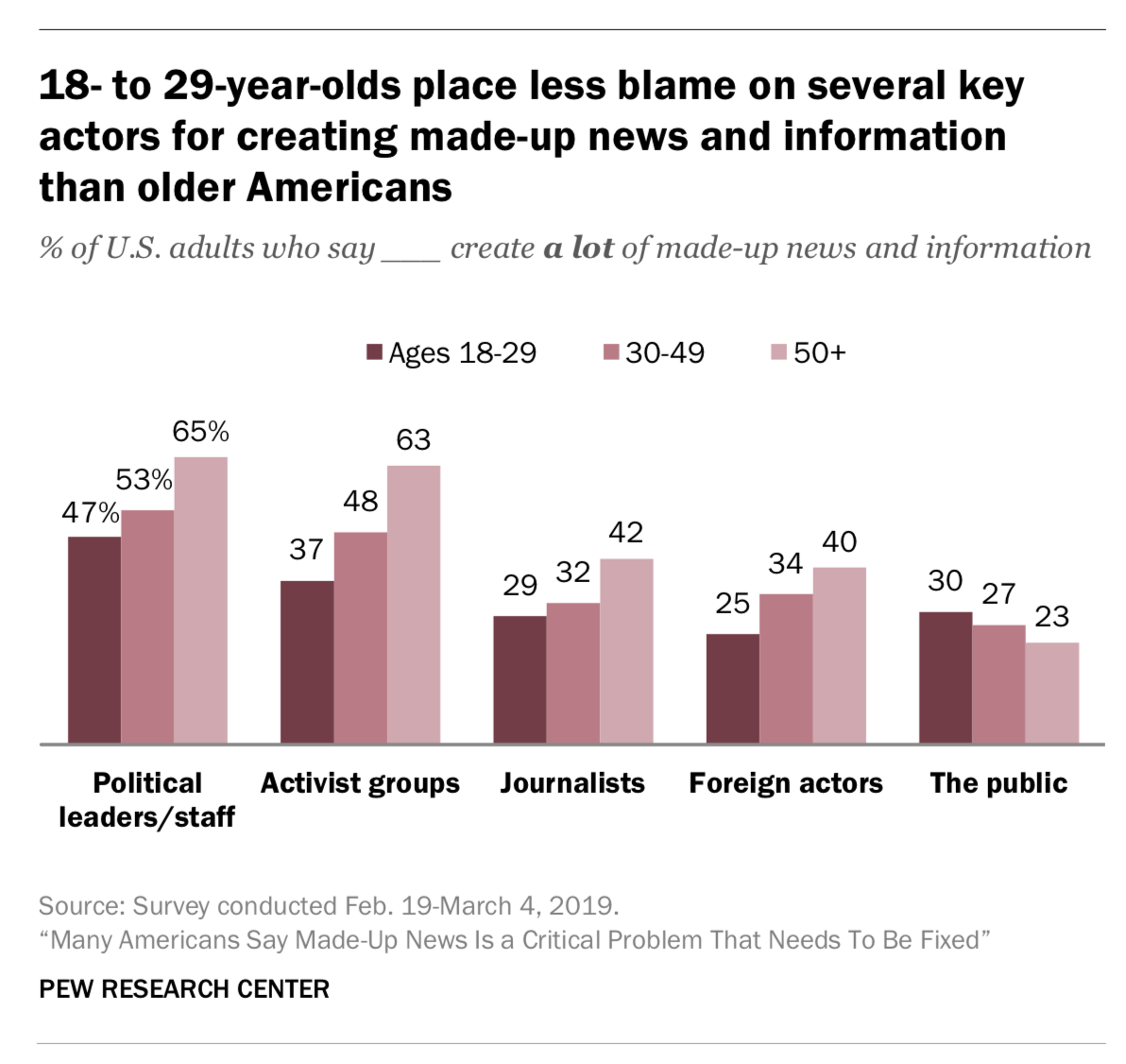
Rick asks:
Being a child of the late 20th century, I always thought the USA was somehow immune to fascism, and I’m honestly surprised to discover recently that this isn’t the case. Is this simple naivete, or have things fundamentally changed in American politics?
Well, you know. In 1939 American Nazis held a rally at Madison Square Garden. It was very well attended! And among other things they hung a big damn portrait of George Washington between their swastikas, with full intent:
That giant portrait of George Washington was no afterthought. “One of the things they tried to do was to say that this is what America has always been and this is what the Founding Fathers would have supported,” said Churchwell. Indeed, they referred to Washington as “America’s first fascist.”
And they might have gotten away with it too, if it weren’t for that meddling World War II and Germany (and Nazism) becoming the enemy. Inconvenient for the American Nazis, that. Set the whole fascist movement back decades in the US.
At least, the part that overtly called itself fascism. But otherwise it still managed. McCarthyism? That was fascism. Jim Crow? Fascism. Definition nerds will quibble about whether America’s long-standing authoritarian, anti-democratic impulses qualify as true fascism, but two things here. One: If it quacks like a duck, etc. Two, let us recall that when actual no-shit fascists were looking at ways to codify their power and to demonize their enemies, including and specifically the Jews, where did they look for useful examples? If your answer is anything other than “Why, at the United States and its systemic suppression of its own minorities over the years,” then, surprise! Here’s a reading list to catch you up.
To be clear, the US is not (directly) responsible for the rise of Nazism and the horrors it perpetrated on the Jewish population of Europe. Hitler was fucking evil, and Europe was not exactly new to anti-semitism in the first half of the 20th century. Hitler would have found a way to get where he wanted to go, and the German nation would have gone along, as it largely did. But this doesn’t change the fact that when the Nazis were looking for pertinent examples for legally disenfranchising parts of its own population, the United States was there for it, with laws that, if not technically fascist in themselves (quibble away, definition nerds!), were certainly proto-fascist.
In a larger sense, the history of the United States is a history of Will to Power, competing neck-to-neck with what we prefer to see as our more noble and democratic Power to the People. What is “Manifest Destiny” if not Deus Vult in mid-18th century dress? Did the US not essentially pick fights with Mexico and Spain for land and political influence? Did it not ignore whatever treaties it made with the Native Americans whenever it felt like it? Did it not rise to prominence on the labor and pain of African slaves, and tear itself apart because the South decided it was better to gamble on a quick war to keep those slaves, than to imagine them as people? And then, having freed those slaves, did the US then not engage in a century-long effort to keep those slaves and their descendants as legally close to a slave state as possible? Did the US not likewise demonize and restrict the rights of Chinese and other Asians? In the end, who benefited from the United States, who still benefits from it, and how was it managed that only they received the vastly largest share of the benefit?
If you know the answers to these questions, and yet still wonder how the United States might not be immune to fascism, the likely problem is that you’re hung up on the word “fascism” rather than the conceptual, social and political elements that allow for fascism.”Fascism” is a brand. Authoritarianism is the substance inside the can. The United States has had all of the ingredients for authoritarianism as long as it’s existed, and we make a fresh batch of it whenever we feel like it.
To go back to World War II, one of its side effects was that for as long as the generation who fought it was the engine of the economy and politically active, overt fascism was more difficult to support in the US — we could manage it if we could, say, argue we were doing it to fight communism or something, but indulging in it purely for its own sake was a bad look. But the generation that fought World War II is mostly dead now, and a lot of their (white) children are of the opinion that maybe fascism got a bad rap — it’s not so bad, it’s just how it was done before that’s the problem. Creeping fascism has been the goal of the US Republican Party for a while now, what with its policy of steadily eroding and ignoring democratic norms, and its strategy of creating economic and informational insecurity to scare poor and working class whites, with the goal of inflaming their systemically-inculcated bias toward racism, for the benefit of the wealthiest of its party members, and to retain power even (especially) as the majority of US citizens have left it and its political interests behind.
And it certainly got a boost in that from Donald Trump! If someone like Mitch McConnell is the GOP’s ego, Trump is its id, a loud, proudly ignorant racist and buffoon who doesn’t give a shit about democracy, admires dictators, was enraged he wasn’t treated as a king, and who ended his presidency with an attempted putsch against his democratically chosen successor. Trump may not have come into the White House as a fascist, but he certainly left as one. His party — with some notable exceptions — gave him aid and comfort in his transformation and in his attempt to overthrow democracy in the United States. Moreover, it is now actively, unapologetically and with full fervor attempting to curtail the ability of United States citizens to participate in the democratic process, in a manner we haven’t seen so openly since the time when the Nazis were looking for a legal model for the persecution of the Jews and everyone else they found inconvenient. That is in fact actual fascism. You could say fascism has captured the GOP, but that ignores that fascism (and specifically, white christianist fascism) was always the plan, from at least Newt Gingrich onward. The Republicans meant to get here. And now they are here.
But again: We have always been here, in one way or another, here in these United States. The greatness of the US, its ability to be an actual force for good, and for hope, and for the democratic model of governance, has always gone hand in hand with its ability to be the worst of nations, and to indulge in authoritarianism, imperialism, bigotry and, yes, fascism. What we work for — what you should be working for, anyway — is to have the better aspects of our nation to be in the fore, so it may be the sort of country that fascism can’t provide: Tolerant, wise, open, diverse and focused on the common weal.
During the Trump administration I would occasionally see on Twitter: “If you you were wondering what you would have done in Germany during the rise of the Nazis, it’s whatever you are doing now.” That was true! Just remember it’s always been true, in every time, here in the United States. Our nation’s darker nature is always there, and is always waiting for good people to lack conviction and to do nothing. Whatever you’re doing now, that’s what you’re doing to fight that darker nature. Or not! It’s up to you.
(There’s still time to get in a topic request for this year’s Reader Request Week — go here to learn how to do it and to leave a topic suggestion!)
— JS
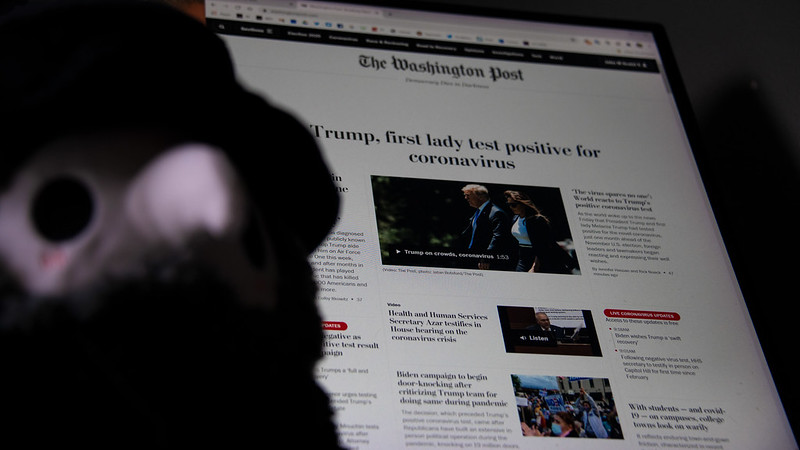
 There is of course irony, of the cheap, Alanis Morissette sort, of
There is of course irony, of the cheap, Alanis Morissette sort, of 
